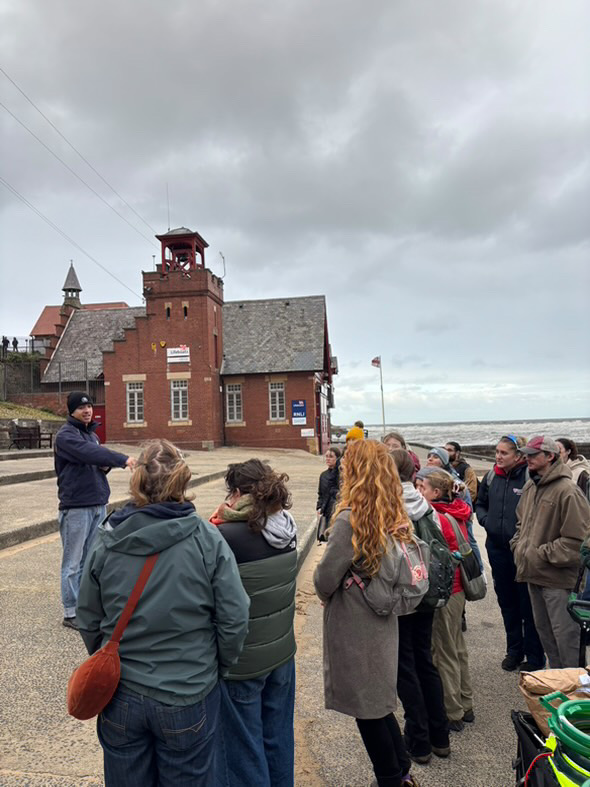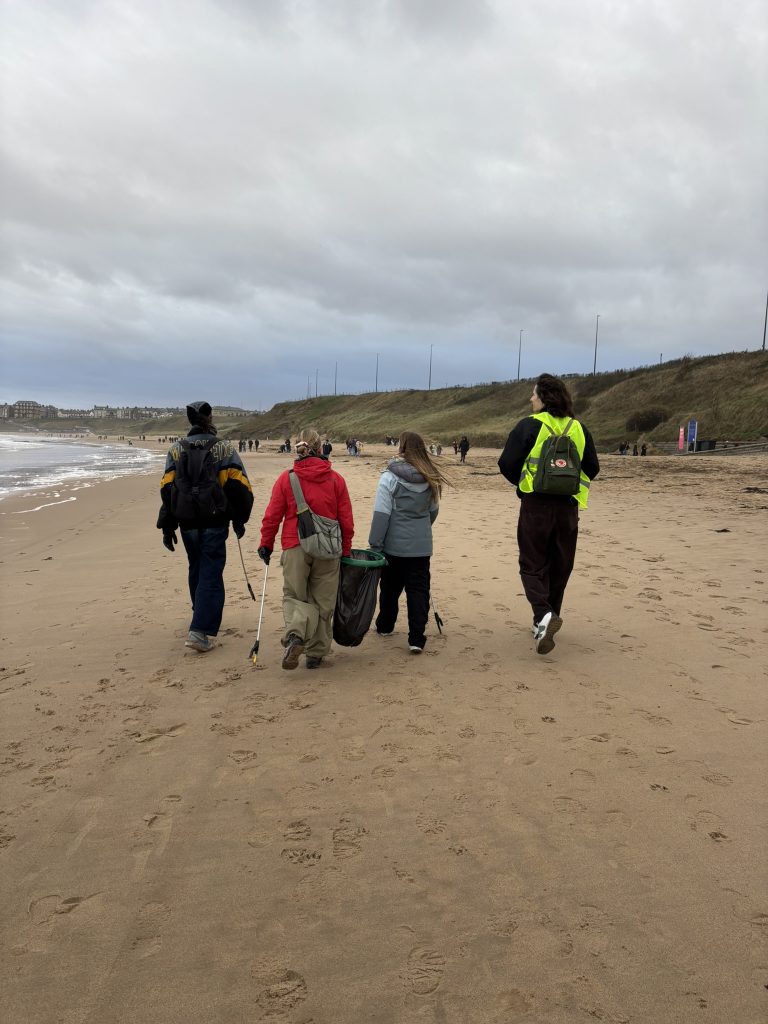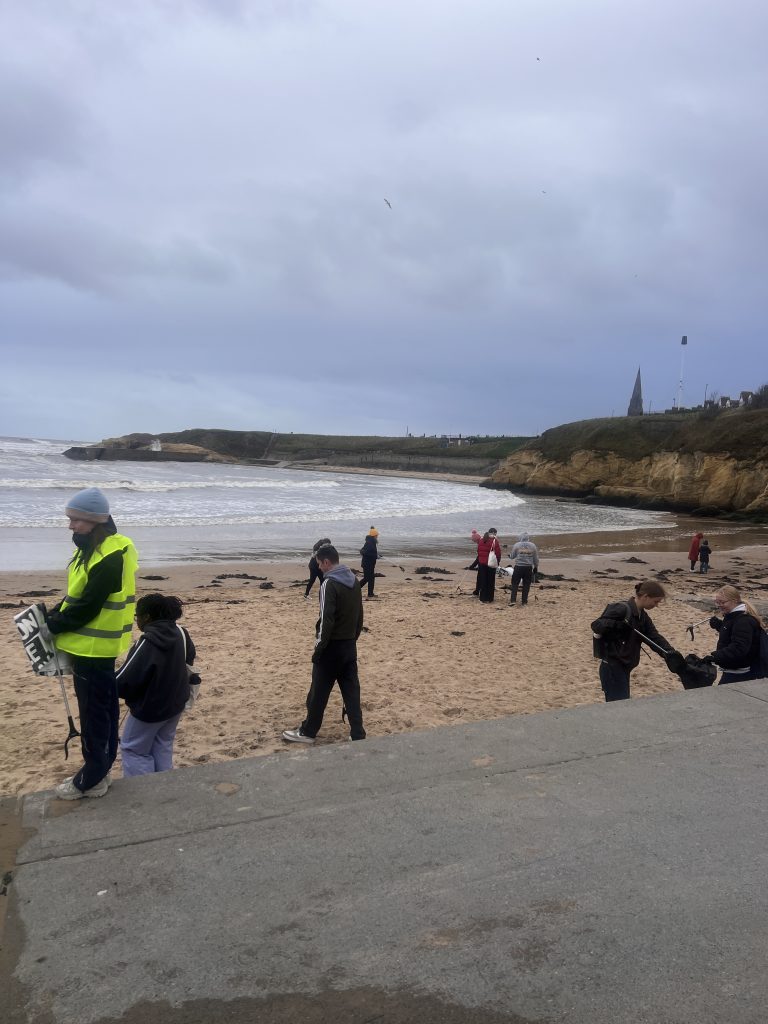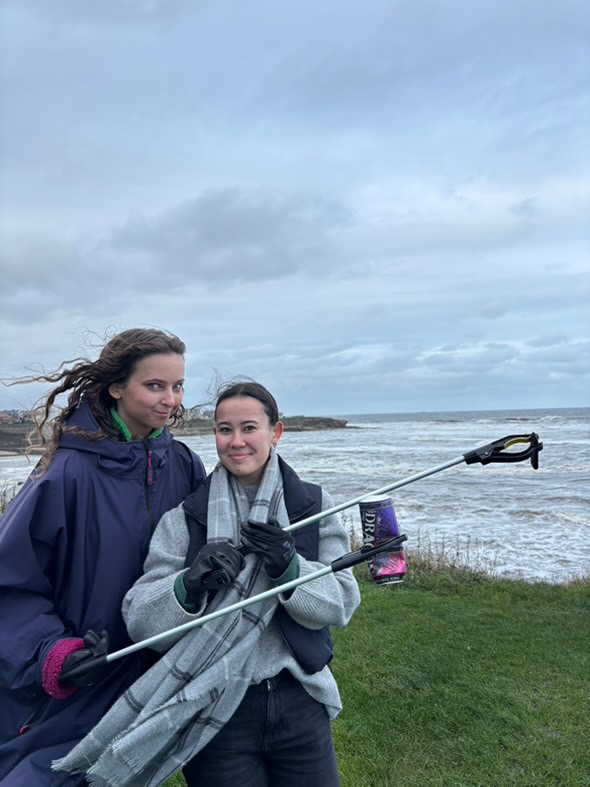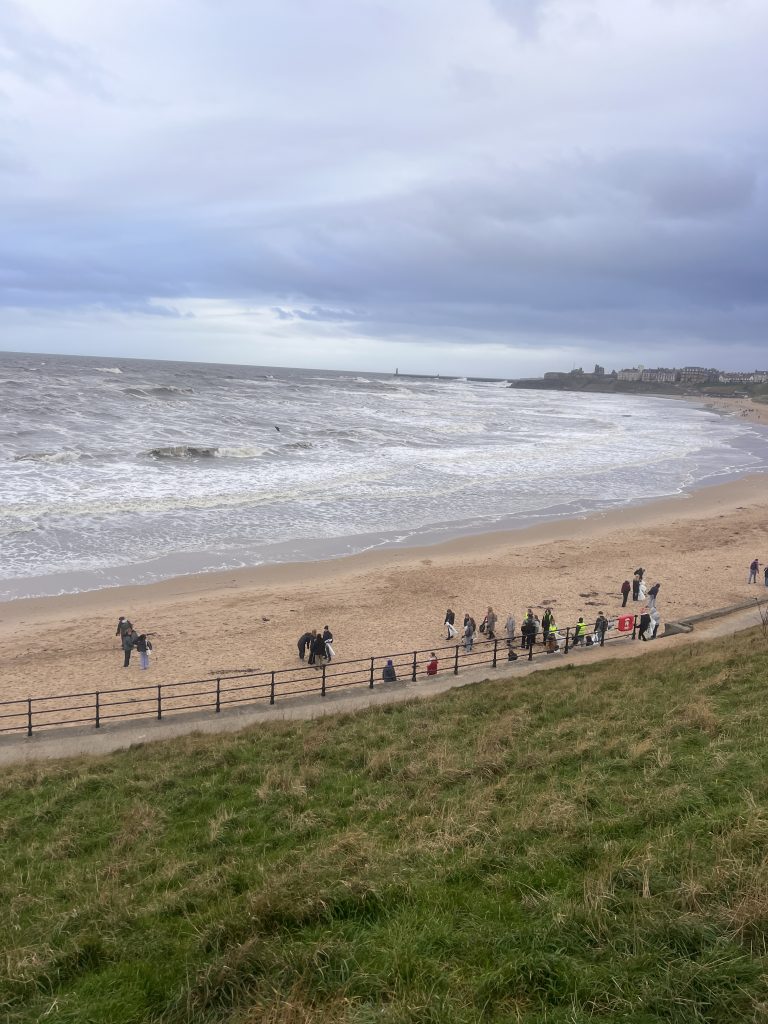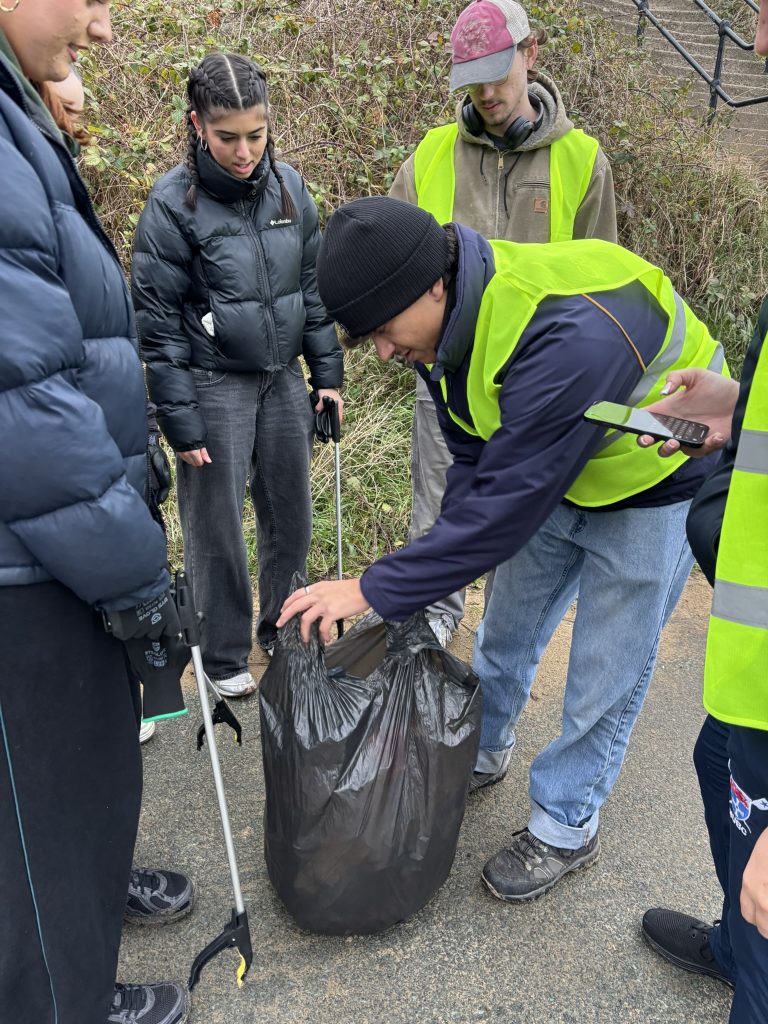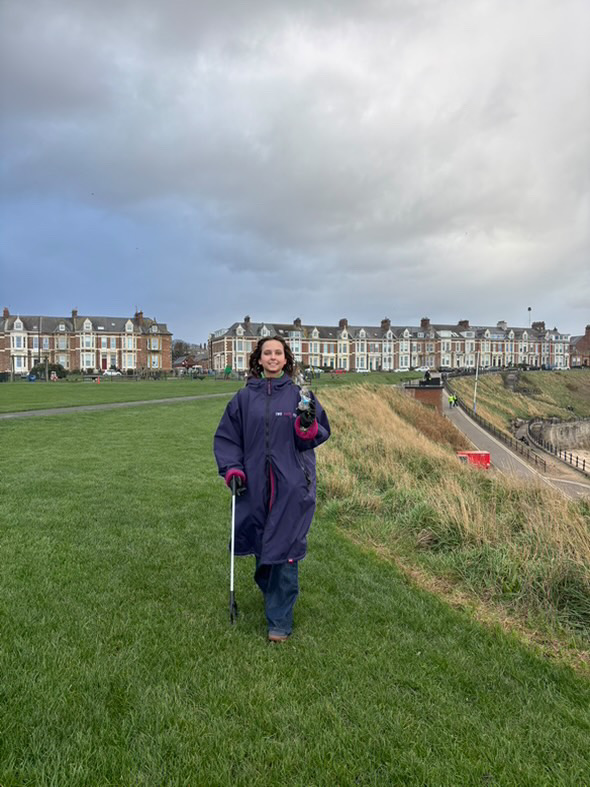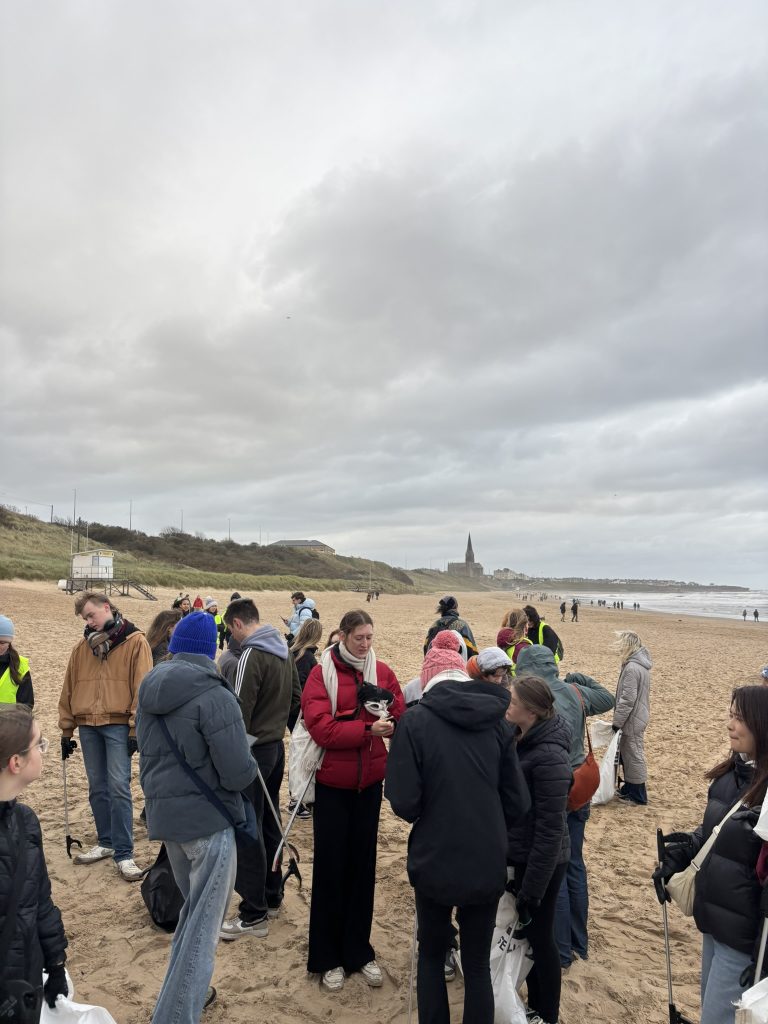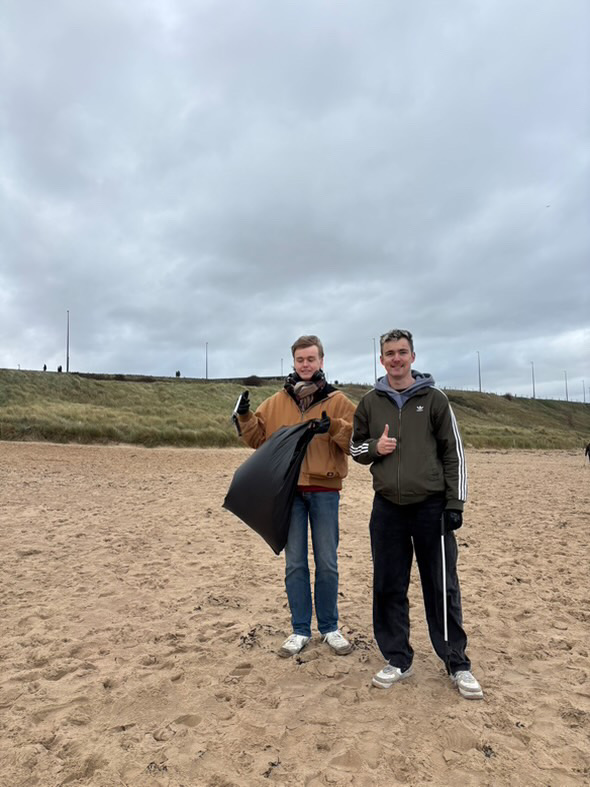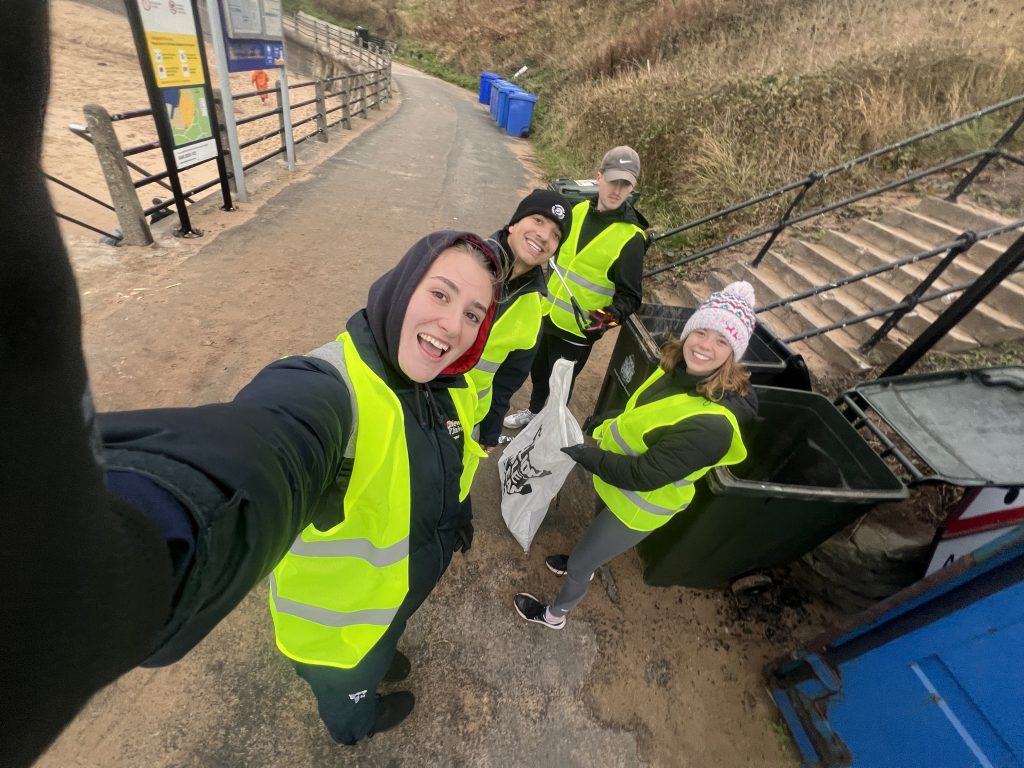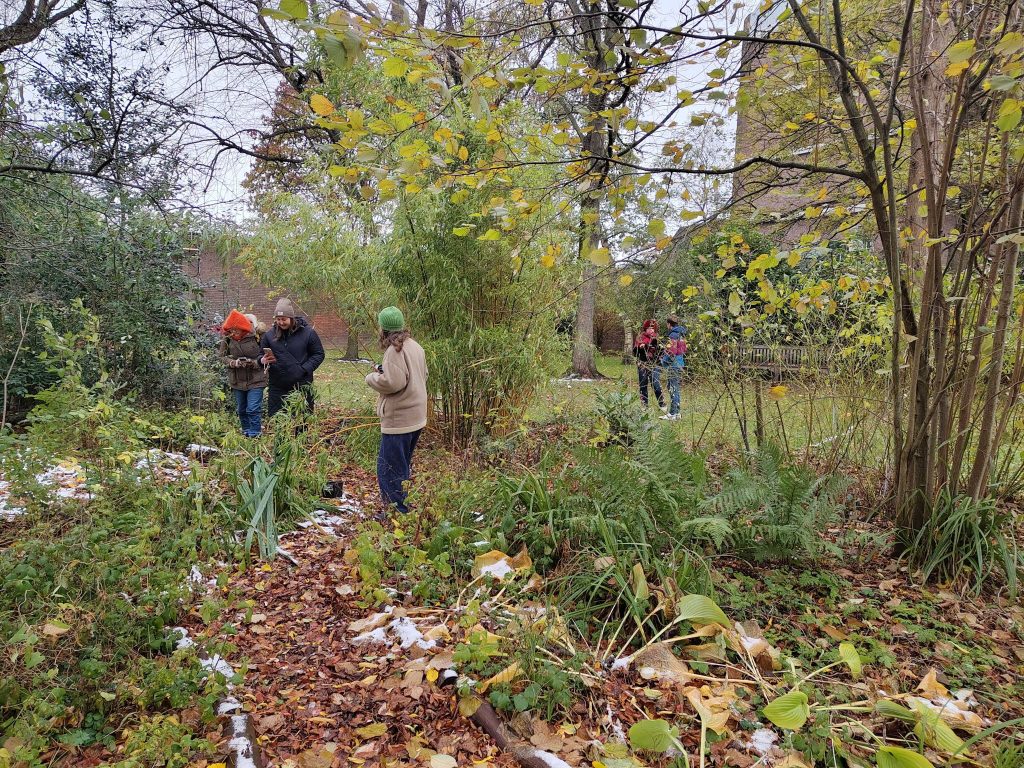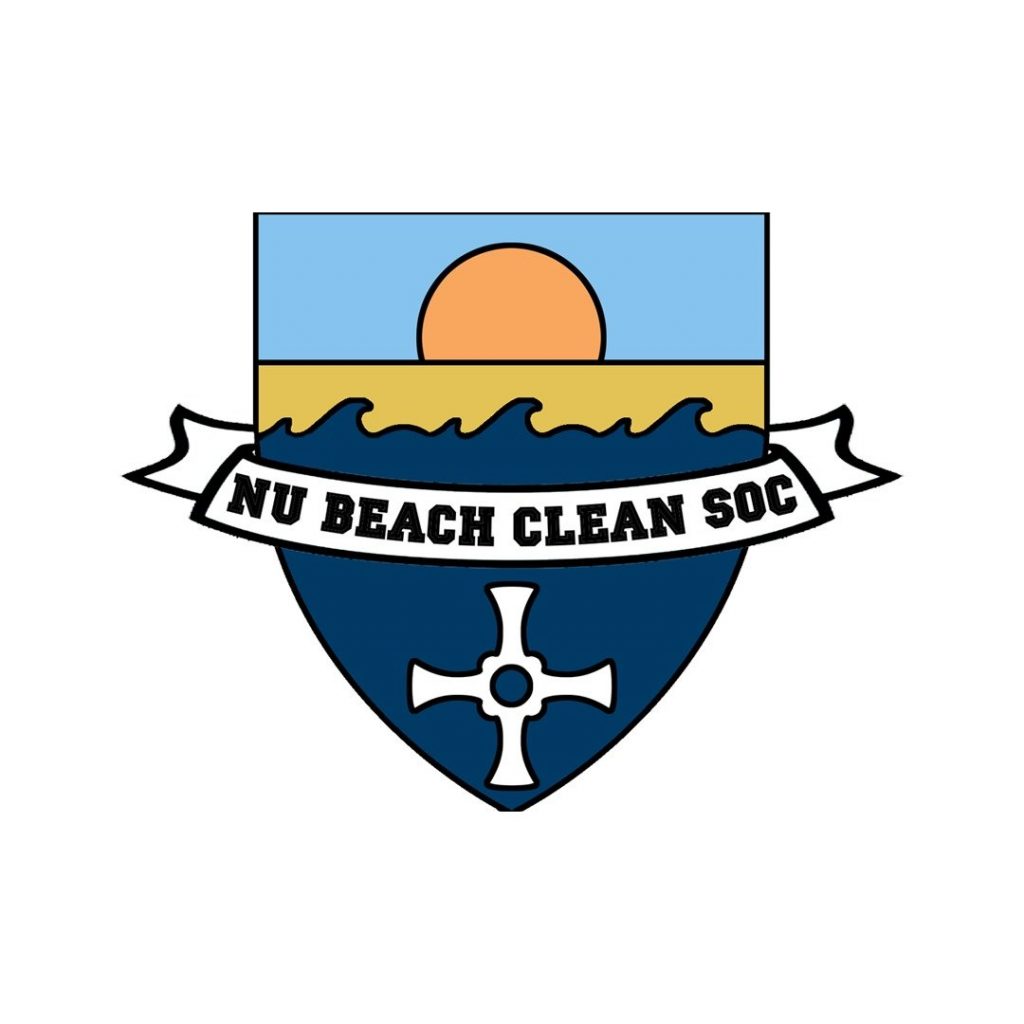On the last Friday in January, Newcastle University joined in with households, schools, and parks for the UK’s biggest citizen science survey, the RSPB Big Garden Birdwatch.
Despite the wind, cold and the threat of rain, participants met in Drummond Quad. We were armed with layers, binoculars, bird ID sheets and patience. The Quad is one of our beloved green spaces on campus, the area is home to some of our biggest trees, some little saplings and even a small pond! Check out our Sustainable Campus map for the location of all our Green spaces.
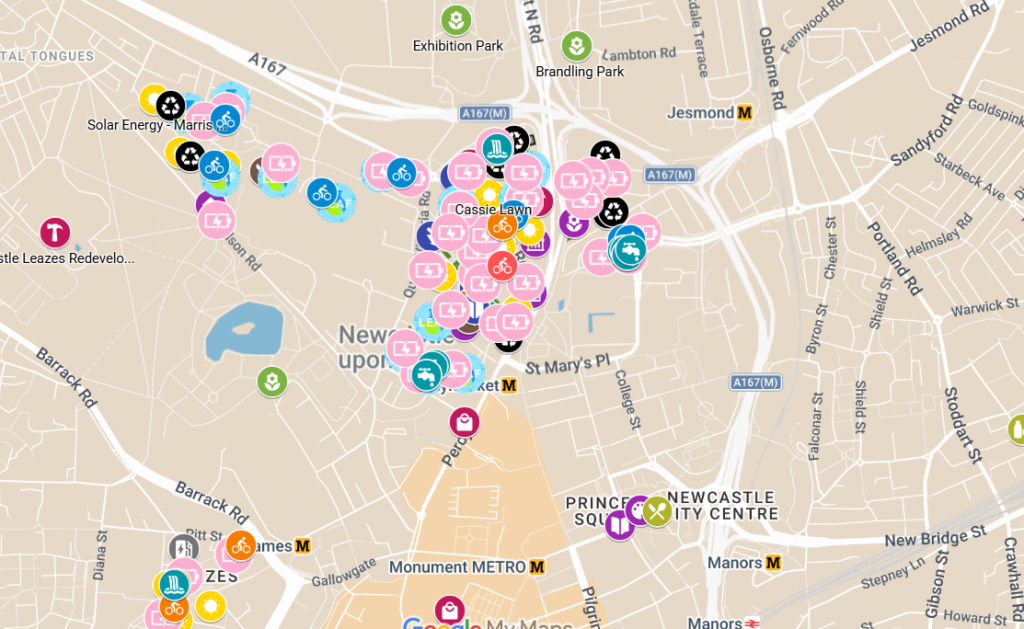
So what did we see? Here’s a rundown of events:
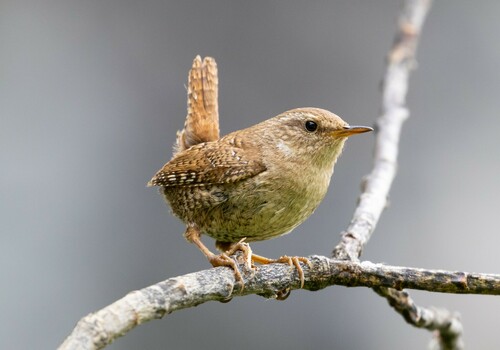
In the first 60 seconds of arriving in Drummond Quad we spotted a Wren! It was hopping around the pond and surrounding bushes and, unbothered by our presence, continued to do so for the remainder of our watch. We made sure to check it was the same Wren throughout, as not to over or under count.
Carrion Crows and Common Gulls
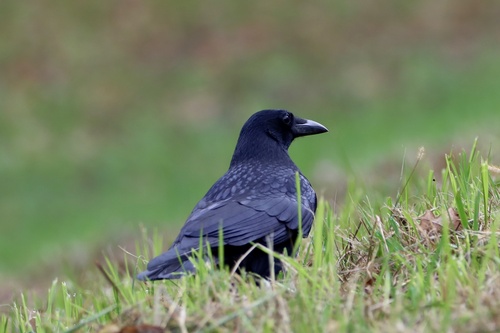
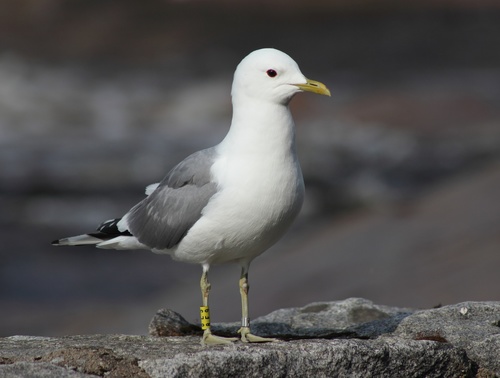
For nearly the entire time crows and seagulls flew and squabbled overhead and sometimes landed in the treetops of the Quad. When they landed, they got counted. Carrion Crow was our most spotted bird, counting 6 landing in the branches.
A Eurasion Blackbird and a Eurasion Magpie
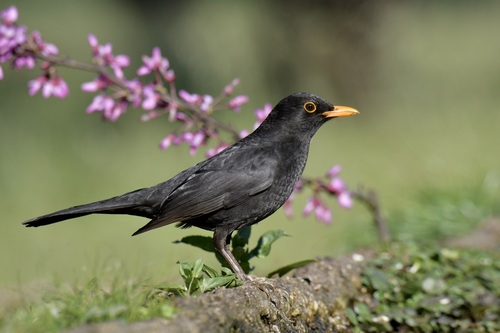
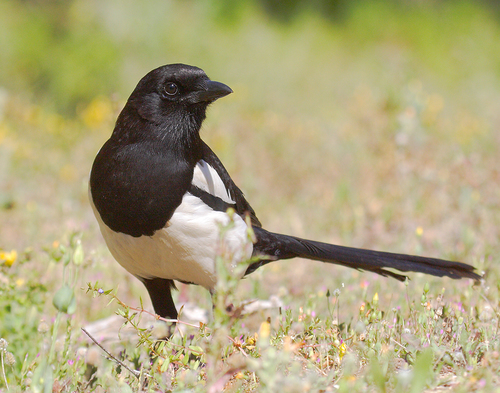
Amidst the noise from the crows and seagulls we were paid a visit by one Magpie and one Blackbird. The Blackbird was the 6th most spotted bird of the 2026 Birdwatch and 5th most spotted in 2025. So it seemed only right to add one to our count.
Great Tit
Lastly, one of the highlights of the watch was finding two Great Tits. They were spotted darting between the trees near Drummond Building. They are the 2nd most commonly spotted bird of the 2026 Birdwatch!
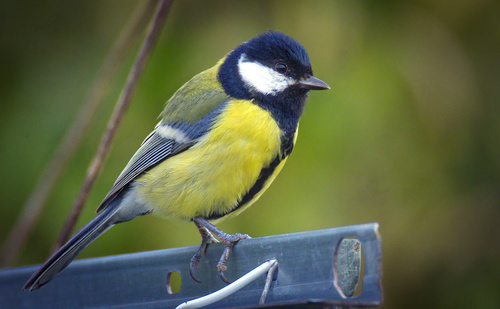
Overall, despite the weather, it was a success! Thank you to all who came along and helped us organise.
And even though the birdwatch is over, looking after our Biodiversity on campus definitely isn’t! If you ever see a bird, or some wildlife on campus feel free to record it on the INaturalist App. Make sure to join our Newcastle Project page too. If you’re new to the app, our beginners guide blog may be a useful starting point.
P.S. Check our events page to check a look out for more information coming up around our City Nature Challenge this April/ May.








